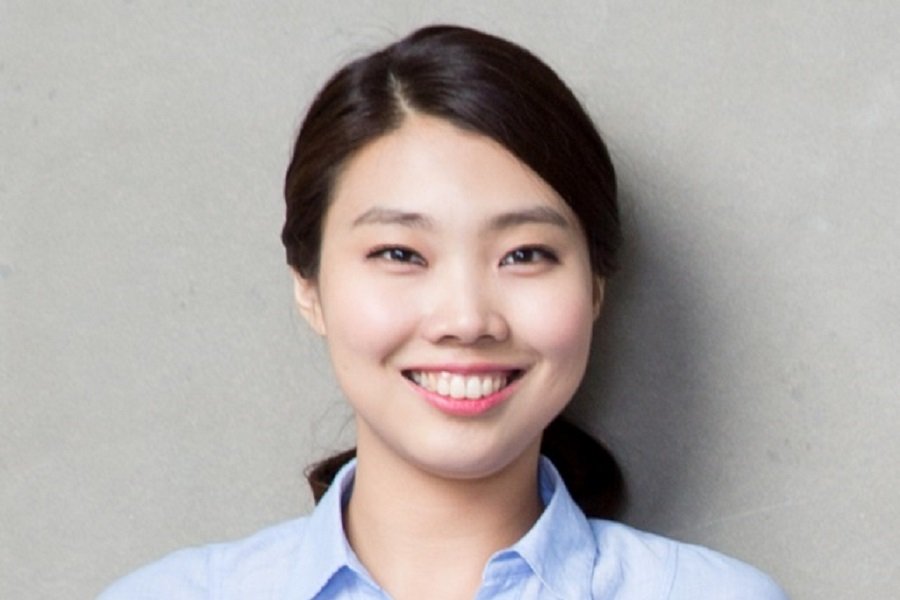Professor Jungwon Choi Receives NSF CAREER Award

Professor Jungwon Choi has been awarded the CAREER award by the National Science Foundation’s (NSF) Faculty Early Career Development (CAREER) Program. One of the most prestigious awards instituted by the NSF, it recognizes and supports faculty early in their careers who show the potential to “serve as academic role models in research and education and to lead advances in the mission of their department or organization.” The CAREER award minimum for the Division of Electrical, Communications, and Cyber Systems starts at $500,000 and is disbursed over a 5-year period.
Choi's Project: Toward a Wireless Power Transfer System
As demand for automation has risen, several technologies such as artificial intelligence, and control systems that play critical supportive roles have kept up by revolutionary improvements in their own technologies. However, smart charging systems, vital in the role they play in enabling automation, have been lagging behind. Power electronics is a key component of the charging system, converting electrical energy to a different level or delivering it to an electric load such as a battery. Therefore any effort to update and improve charging systems entails that steps be taken to improve the state of current power electronics.
In her NSF CAREER award project, Choi addresses the challenge by focusing on wireless power transfer (WPT) technology. WPT eliminates cables, connectors, and the risk of power plug failure resulting from dust, dirt, and other environmental factors. In the context of autonomous driving technology, WPT is especially beneficial because vehicles can get themselves to the charging station when their batteries run out. However the success of the WPT system is dependent on efficient and reliable power converters. Currently, power converters are limited in their performance by the limitations of available technologies and designs.
In her project titled, “Toward a Wireless Power Transfer System: High-frequency Power Electronics,” Choi aims to explore new design techniques that can improve power density and performance of power electronics. She also hopes to investigate innovative approaches that enhance charging ability in the WPT system. Her project will progress across three related areas: design and implementation of a high-frequency resonant converter with magnetic resonant coupling coils to efficiently increase power density; investigation of a bidirectional WPT system using self-synchronous rectification and control system to provide Vehicle-to-Grid capability; and exploration of WPT charging approaches such as vehicle-to-vehicle and dynamic charging to reduce charging time.
Choi also plans to explore the extent to which circuit performance depends on switching devices, magnetic designs, gate drive circuitry, and compensation network topology. The project entails simulation of the proposed WPT system to evaluate human exposure to electromagnetic fields due to high-power operation at high frequencies. She will also undertake a study of the multiple coil structure to reduce the leakage fields, and minimize the expensive and lossy shields.
Implications and Educational Outcomes
Choi hopes that successful completion of the project will result in the expansion of the operating range and power level of power-electronic circuits for WPT systems that use novel charging approaches. The goal is that research outcomes of the project will also accelerate advances in various applications such as transportation electrification and renewable energy technologies through improvements in battery charging methods. The proposed system could potentially be deployed in unmanned aerial vehicles (UAVs) and commercial electric vehicles (EVs).
There are broader transformative impacts expected. As a program committee member on the IEEE Workshop on Control and Modeling for Power Electronics, Choi plans to organize tutorials to disseminate research outcomes of the project. She also plans to leverage her collaboration with the University of Minnesota’s Center for Transportation Studies to engage students and researchers in the project. On the academic front, she will integrate research outcomes with the undergraduate and graduate curricula, while also seeking opportunities for direct involvement of undergraduate and underrepresented students in her work. Opportunities for outreach to K-12 students, and local industries to introduce wireless power transfer and power-electronic circuits will also help ensure the transformative impact of Choi's research activities.